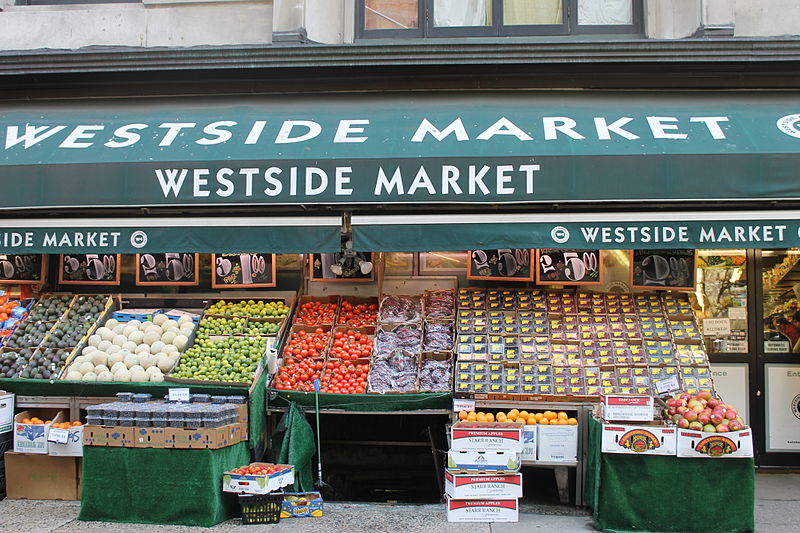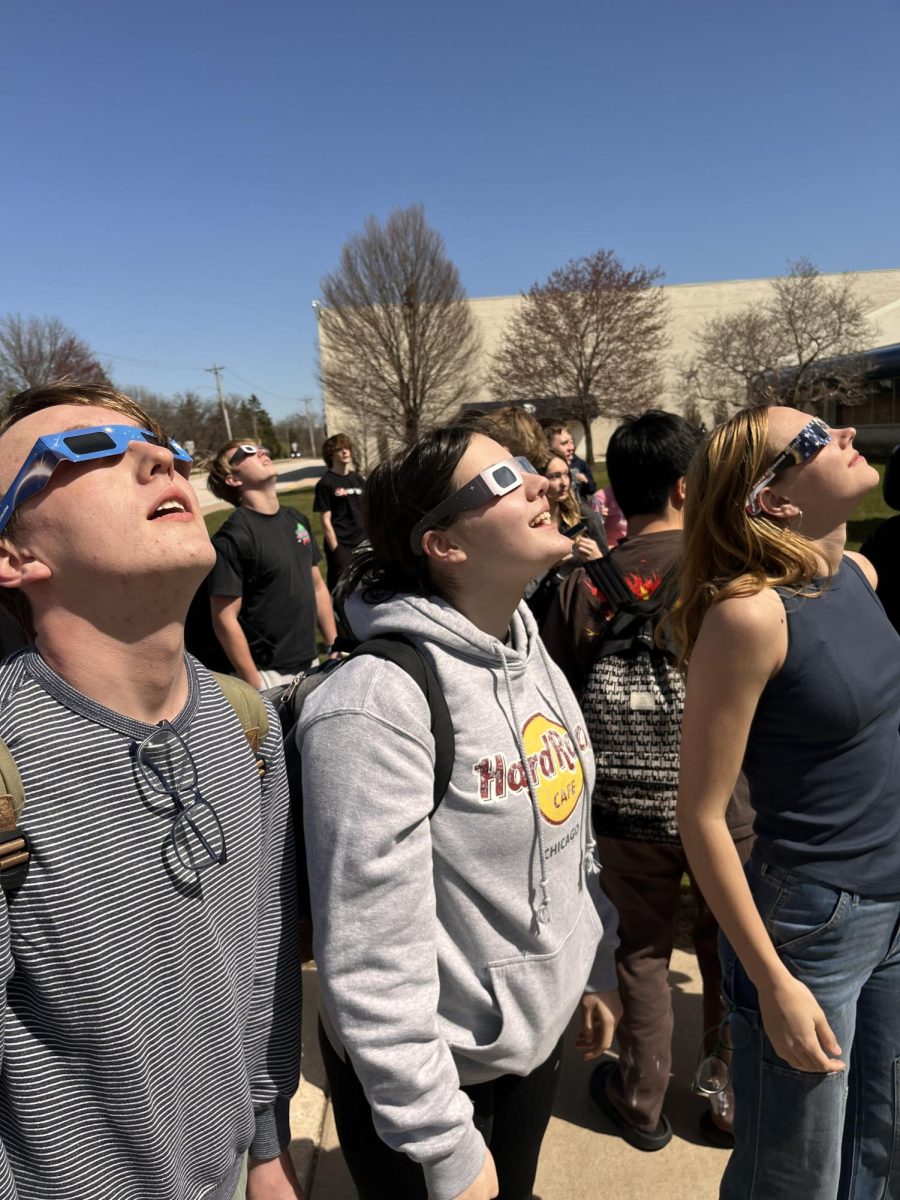In recent decades, outbreaks of viruses such as measles and polio have brought up the age-old debate of the ethics of vaccine mandates. But no recent virus has functioned at the scale of a pandemic.
In light of COVID-19, vaccine mandates have been characterized as a necessity for public good. But what happens when that public good supersedes individual freedom?
In a capitalist country situated within the larger context of global capitalism, freedom – whether in principle or in practice – is non-negotiable. Out of this economic state, a distinct culture was born – one in which most believe being financially self-made is the best thing someone can be. Defined by individualism, this culture is everywhere, from bestselling self-help books such as James Clear’s “Atomic Habits” to the seemingly endless results that follow a Google search on how to build a business.
Simply put, individual freedom is fundamental to today’s society.
But a balanced society considers individual freedoms as well as public interest. However, that balance is not always easy to maintain. Political scientist Deborah Schildkraut spoke to Knowable Magazine contributor Anil Ananthaswamy and broke this down. “Most Americans believe in and want certain values to be prevalent in their lives and they want the government to support them,” she said. “Some of these key values are freedom, equality and order. Those don’t always go together. And when they conflict – and politics can be thought of as a conflict between these values – the government has to pick one.”
Schildkraut went on to emphasize that in order to function as a collective, individual rights must be sacrificed to some extent. “In the US, nobody bats an eye at the idea that we all have to stop at red lights on the road, even though that’s an infringement on our freedoms,” she stated. “But any time it’s something new that we’re not already used to, there will be resistance to it.”
And that “something new” has been the concept of vaccine mandates. Attempting to impose such mandates in a country where only about one-quarter of citizens trust the government has been no simple feat.
AP Macroeconomics teacher Philip George explained the relationship between the government and its citizens. “Government choices are always very difficult because different members of society will value the different alternatives in different ways,” he said. “Some members will more highly value the benefits of the mandate, while others will more highly value the benefits of each individual getting to choose whether to be vaccinated or not.”
So when the No. 1 ranked male tennis player in the world Novak Djokovic refused to get vaccinated, the argument of personal freedom versus public good once again came to a head.
2022 has been rather tumultuous for the decorated tennis player as he was recently deported from Australia over his vaccination status – and Djokovic will not be getting vaccinated anytime soon, either. Prepared to potentially miss Grand Slams this year, he told BBC’s Amol Rajan in an exclusive interview, “I was never against vaccination, but I’ve always supported the freedom to choose what you put in your body.”
There is that word again: freedom.
While Djokovic is not associated with the anti-vaccination movement, he is adamant about his freedom of choice.
Senior tennis player Jake Dolphin has followed recent events concerning Djokovic and offered his perspective. “In regards to vaccinations being a freedom of choice, that definitely is the main reason for why people do not agree with vaccine mandates,” he said. “I think in the end it just comes down to the consequences of that. If people are never going to get vaccinated, then when is this pandemic ever going to end?”
Dolphin mentioned that Djokovic’s refusal of the vaccine has made him somewhat of a martyr for anti-vaccination people, which he feels is dangerous. Dolphin went on, “While there is no vaccine mandate, people are, in a way, suffering the consequences, like Novak, who isn’t able to compete in Grand Slams…if you don’t want to get the vaccine, then you’re just going to have to suffer the consequences of not being able to do things vaccinated people are going to be able to do.”
But not everyone believes this is fair, which raises an essential question: Why is this issue so polarizing?
The Society of Critical Care Medicine analyzed this complexity. “The root of the ethical dilemma behind a vaccine mandate is the conflict between public health ethics and the right to individual liberty and autonomy,” the article reads. “Utilitarian arguments for vaccine mandates claim that higher immunization rates result in greater good for all (lives saved, morbidity avoided). According to this view, mandating universal vaccination is morally justified because of the consequences: community protection and reduction in virus transmission, resulting in lower rates of infections, hospitalizations and deaths.”
Hence, the public good argument.
But within an economic system and culture dominated by principles of capitalism, individual freedoms are prioritized over the idea of collective good – and vaccine mandates are based upon the latter.
So for those willing to die on the hill of personal liberty, like Djokovic, collective good is not quite convincing enough. In America, personal freedoms are not just enjoyed; they are revered. So to many, it feels much deeper than politics.
Perhaps the reason the motivation behind vaccine mandates is so hard for many to conceptualize is because they have never existed within a society – within a system – that values the collective over the individual.



















maya maynard • Feb 28, 2022 at 10:15 am
This is a really good article Jayne! The red light analogy was very interesting and eye opening. Its interesting to see peoples different point of views about the vaccine.